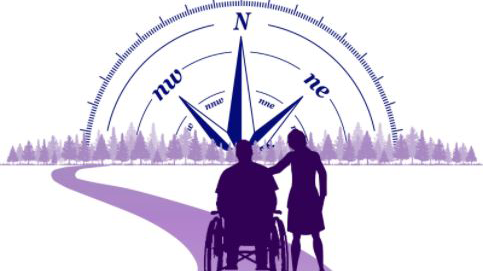There are several ways to handle medical appointments for your loved one with Alzheimer's or dementia.
Regular Check Ups
When making the appointment, if your loved one doesn't see the doctor frequently, ask that a reminder be communicated to the nurse or doctor regarding your loved one's Alzheimer's condition.
I remember when I accompanied my mom to a doctor's appointment. The nurse came in and asked for her right arm to take her blood pressure. Mom gave me a questioning look and I tapped her right arm. Be sure that whoever takes your loved one to appointments knows visual queues to help your loved one.
Specialist appointments
Appointments with specialists can be quite clinical. Be sure that whoever accompanies your loved one has notes and questions to ask regarding your loved one's behavior. I would suggest they ask for permission to record the appointment, as that makes it easier for everyone to refer to later should there be any confusion about instructions or next steps.
Tests
Some tests are easy, such as those requiring your loved one giving blood. You can show your loved one how to make a fist and then how to release their fist when it's time. Other test, such as an MRI, require more visual queues and reassurance.
When my mom went in for her MRI, getting her to lay down on the bed required me to show her. I took off all the metal on me and stood next to the machine with my hands on her legs stroking them to reassure her, as an MRI machine can get pretty noisy and it can be a scary experience when your whole body is slid inside a tube.
Emergency situations
Emergency situations can run the gamut. If your loved one falls, there's a serious risk of a bone fracture or breakage. You or someone you trust must be with your loved one at all times during the emergency situation, as they'll be scared and most likely unable to process instructions.
Most emergency personnel aren't used to handling people with Alzheimer's and assume their instructions are being processed and followed. You must remain calm and speak in a calm and reassuring voice. Please don't shout or get emotional. Your loved one is relying on you to communicate to the medical professionals clearly and rationally.
I know being in an emergency situation is unsettling and scary for us, too, but your focus should be on your loved one's care first. Again, do not leave their side. If a medical professional suggests you "step out of the room", unless it's a surgery where your loved one will be sedated, you have every right to be there.
